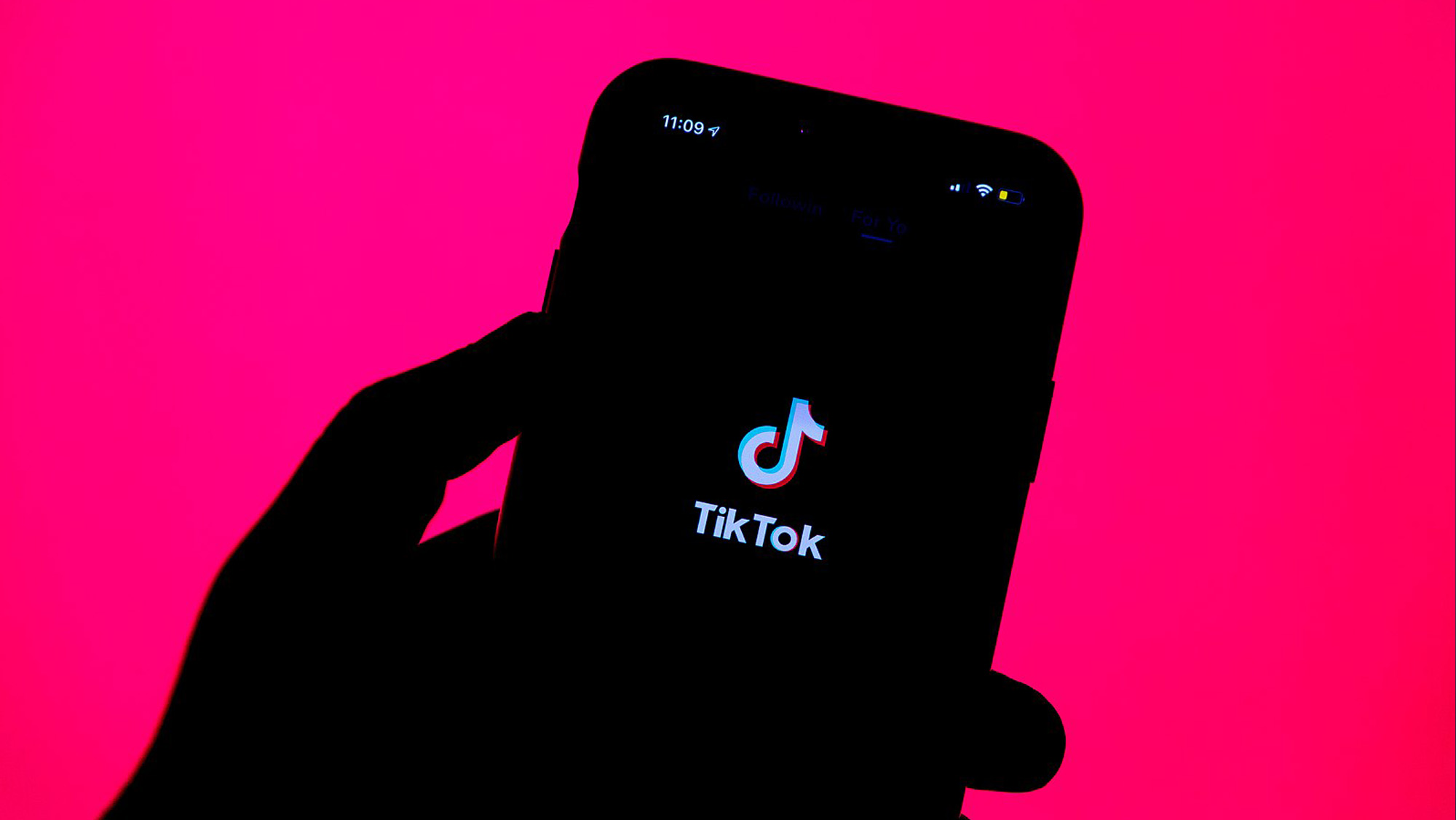Short-video apps have the world’s young consumers hooked with their compelling and easily digestible feeds of fleeting content. Leading the pack in this burgeoning sector are ByteDance platforms Douyin and TikTok, which in a few short years, have come to dominate the pop culture conversation as much as the attention of digital natives.
Since launching in 2017, TikTok has amassed more than 1 billion users in over 150 countries, with 90 percent of its users accessing it daily. China alone is responsible for around 86 percent of TikTok’s revenue. Gen Z-ers and millennials, those consumers-to-watch, make up a bulk of the apps’ demographic: Parklu reports that 85 percent of Douyin users are aged below 24, and the 2019 Global Web Index records that 41 percent of TikTok users are aged between 16 to 24.
In 2020, Douyin and TikTok have only swelled in popularity as they’ve kept users entertained and scrolling during COVID-related lockdowns. According to SensorTower, they are now the top grossing apps worldwide. But just as consumers have guaranteed the apps’ successes, Douyin and TikTok have naturally come to shape the tastes and habits of its audience.
Here are three ways in which these platforms provide valuable insight into these new consumer behaviors.
Personalized marketing over blanket advertising
Blair Zhang, China Analyst at global market research company Mintel, tells Jing Culture & Commerce that apps like Douyin are demonstrating that consumers are more receptive to personalized marketing. “Consumers nowadays need brands to have enthusiasm to be close to them,” says Zhang. “Video content that can better resonate to attract consumers wins more screen time.”
Thus, ultra-aspirational or generic advertising is no longer relevant; familiarity and individualized marketing, which translate into authenticity and trustworthiness for the brand, are in. Douyin’s first partnership with a luxury brand is a prime example in this manner of strategic marketing: in 2017, in collaboration with Michael Kors, it asked users to create and post their own homemade catwalk videos with the unique hashtag #城市T台不服来斗#. Since then, TikTok and Douyin have not lacked for such online campaigns that effectively convert consumers into active marketers and participants in the brands that matter to them personally.
Social values matter
In 2020 alone, TikTok’s Gen Z and millennial users launched a host of viral moments from women dancing for body positivity to teens trolling Donald Trump. More than just trends, these memes capture the socially-minded values of Western Gen Z and millennials. Dazed Media’s 2020 youth culture report found that over 60 percent of its surveyed Gen Z-ers worldwide say social values like race, the environment, and women’s and LGBTQIA+ rights influence their purchase decisions. Chinese Gen Z-ers are likewise growing in social and ethical consciousness.
Therefore, to reach these groups, brands should focus on economic, environmental, social, and political issues in their narratives. They need to act as a supportive pillar to these consumers, promoting values that they want to be associated with. Earlier this year, Mintel reported that over half of US Gen Z-ers agree with the statement, “Social media shows the real me”; brands should emulate this same transparency.
Don’t make ads; tell stories
TikTok’s June 2020 campaign “Don’t Make Ads, Make TikToks”’ highlighted how advertisers can gain traction on short-video platforms through creative and concise marketing, as opposed to maximalist, lengthy advertisements. As TikTok and Douyin have become the primary advertising outlets for many brands, the apps have further encouraged advertisers to emphasize their brand personalities through down-to-earth humor, inclusivity, and storytelling.
According to a recent Nielsen study commissioned by TikTok, 43 percent of TikTok users feel that advertising “blends in” with other content on the platform, while signaling their readiness to engage with fun, authentic, and inspiring branded content. Moreover, these young consumers want to laugh with the brand they are buying from. As Zhang notes, “One of the most important characteristics of Douyin is to encourage personality. Every user can easily express their own views, so an era of individuality has arrived.”



